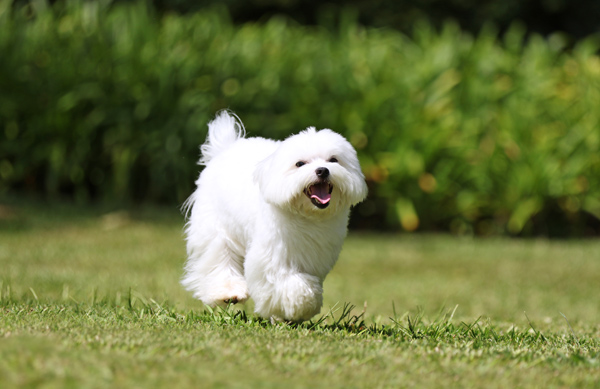Northwest Animal Hospital
(402)572-1280
nwahomaha.com
Improve Your Pet's Long-Term CareIf your pet is 3 years old or older, there is a good chance it will benefit from a professional dental cleaning from Northwest Animal Hospital. Our careful, attentive procedures will protect your pet while improving its long-term health by addressing tooth decay, abscesses and other problems.
Safe Anesthesia Starts the Cleaning ProcessBecause around 75% of pets have some degree of dental disease by age 3, dental care is an important part of enhancing the overall health of your pet. However, fear of anesthesia is commonly cited by people in hesitating to get their pet's teeth cleaned. Veterinary anesthesia has become very safe over the last two decades. We regularly perform these procedures on geriatric patients with a variety of conditions, such as diabetes, heart murmurs and epilepsy. All pets are given a pre-anesthetic exam to ensure there are no concerns before the anesthetic is administered. Pre-anesthetic bloodwork and an EKG are offered for all patients to aid in the detection of unapparent diseases that could cause problems. While it is true that a small amount of risk can never be completely eliminated, our careful approach goes a long way to improving the overall safety of anesthesia.
Tartar Removal Remains EssentialThe animal teeth cleaning process is almost identical to human dental cleanings. We mainly use powerful ultrasonic scalers, rather than hand scalers, to remove hardened tartar since pets often have very thick tartar buildup. Once the tartar is removed, the tooth surfaces are polished with the same gritty paste that is used on people. After polishing, a barrier sealant called OraVet, which helps prevent plaque from adhering to the teeth and forming tartar, is applied to the teeth. A home kit is available so you can apply it at home weekly to extend the protection, although this additional treatment is optional.
Loose and Broken Teeth ExtractedWe often find loose or broken teeth that need to be extracted. Teeth become loose due to the bacterial infection destroying the bone surrounding the teeth and weakening the periodontal ligament that anchors the tooth in the socket. Broken teeth will often expose the pulp cavity, which allows bacteria to enter the root canal and can result in abscesses at the tooth root tip. These abscesses are quite painful for your pet and may create draining tracts below the eye or in the gums above the tooth. Prior to the cleaning procedure, we will make every effort to determine if any extractions will be needed. In some cases, this determination cannot be made until the teeth are examined under anesthesia or after the tartar has been removed. We will call you if any unexpected extractions are needed.
Expect a Quick RecoveryUsually, your pet is fully recovered from the anesthesia by the time it goes home that evening. Your animal may be a bit sluggish that night, but should be back to normal by the following morning! Questions? Give us a call at (402) 572-1280 or contact us today. |

